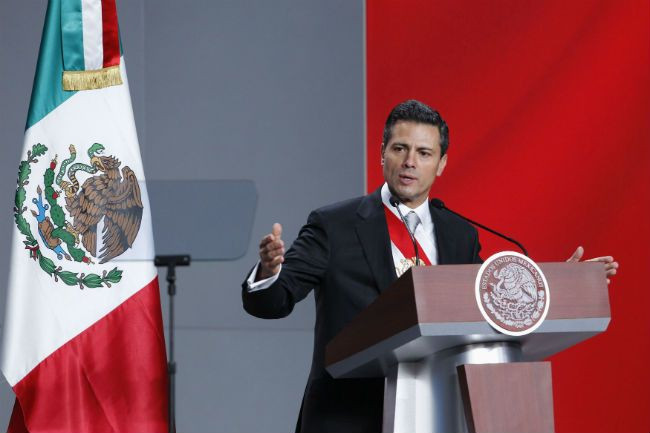
Mexican president Enrique Peña Nieto has responded to the 10 questions on last year’s historic energy reform which filmmaker Alfonso Cuarón posed on diezpreguntas.com and published in a full-page advertisement in Mexican newspapers. In a series of Twitter posts published on Monday afternoon, Peña Nieto wrote, “I appreciate the questions sent to me by filmmaker Alfonso Cuarón. Questions which many Mexicans share about the #ReformaEnergética.” He added, “His questions richen the debate and will help know with better precision the reaches and benefits which the Reform will bring to Mexicans.”
In the third and final message, the Mexican president wrote that his government “will respond punctually to all of them once the Secondary Laws are presented”. Vanguardia notes that while the passage of the reform – which modifies two articles of the country’s constitution to open up Mexican energy deposits, especially its currently untapped deep-water and shale gas deposits, to exploitation by foreign firms – was pushed through the Chamber of Deputies without little debate, lawmakers have taken their time with presenting the secondary laws which will clarify details that still remain unclear on many of the debate’s most pressing matters. The head of Peña Nieto’s Institutional Revolutionary Party (PRI) announced yesterday that the president would introduce the initiatives on April 30.
Cuarón’s 10 questions include one which refers back to past privatizations of state-controlled industries by former president Carlos Salinas de Gortari, who is loathed by much of the public for presiding over a disastrous default on the country’s debts to international banks. Others concern the spector of wide-scale corruption and environmental disaster, as well as the possibility that tax revenues from foreign firms might not equal what Pemex brings in annually – funds which amounts to one-third of the government’s budget and which are reserved for public education and health care.
© 2025 Latin Times. All rights reserved. Do not reproduce without permission.





